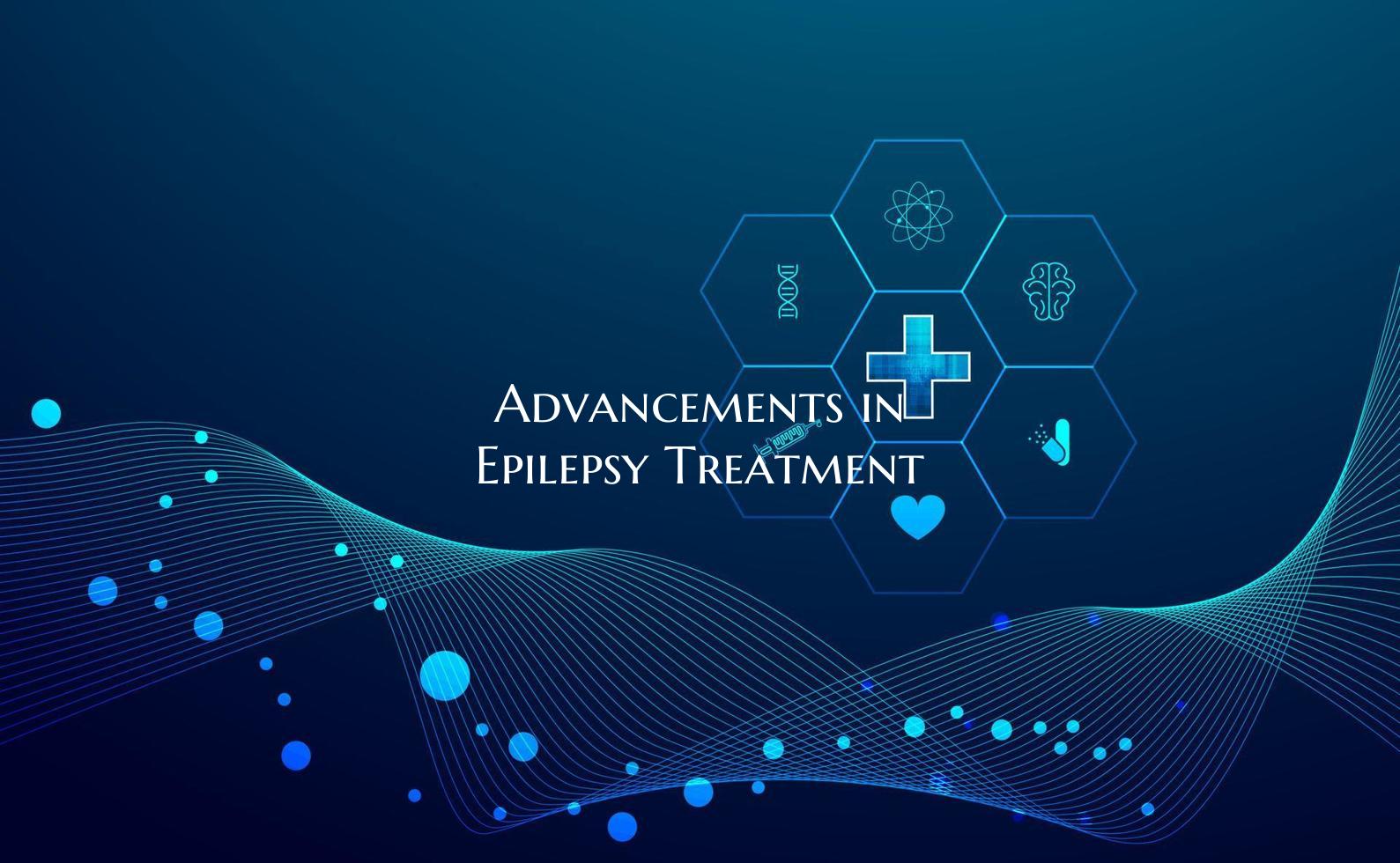
Advancements in Epilepsy Treatment
Advancements in Epilepsy Treatment
Epilepsy is a neurological disorder characterized by recurrent seizures, affecting millions of individuals worldwide. Over the years, significant progress has been made in the treatment and management of epilepsy, offering hope and improved quality of life for those living with the condition.
One of the most notable advancements in epilepsy treatment is the development of new anti-seizure medications. These medications work by stabilizing nerve cell activity in the brain to reduce the occurrence of seizures. With ongoing research and clinical trials, more targeted and effective anti-epileptic drugs are being introduced, providing better seizure control with fewer side effects.
In addition to medication, another groundbreaking treatment for epilepsy is neurostimulation therapy. This approach involves the use of devices that deliver electrical impulses to specific areas of the brain to modulate abnormal brain activity and reduce seizure frequency. Devices such as vagus nerve stimulators and responsive neurostimulation systems have shown promising results in patients with drug-resistant epilepsy.
Surgical options have also evolved significantly in the field of epilepsy treatment. For individuals whose seizures are not well-controlled with medication or other therapies, surgical procedures such as resective surgery or laser interstitial thermal therapy (LITT) may be considered. These interventions aim to remove or disconnect the part of the brain responsible for triggering seizures, offering the possibility of seizure freedom for certain patients.
Furthermore, advancements in non-invasive imaging techniques, such as magnetic resonance imaging (MRI) and positron emission tomography (PET), have improved the accuracy of diagnosing epilepsy and identifying the specific areas of abnormal brain activity. This precision in localization has paved the way for personalized treatment approaches tailored to each individual's unique brain anatomy and seizure patterns.
Overall, the advancements in epilepsy treatment have transformed the landscape of care for individuals living with epilepsy. With a range of innovative therapies and interventions available, patients now have more options than ever before to effectively manage their condition and lead fulfilling lives. Continued research and collaboration within the medical community hold the promise of further advancements in epilepsy treatment, bringing us closer to a future where seizures are no longer a barrier to living well with epilepsy.